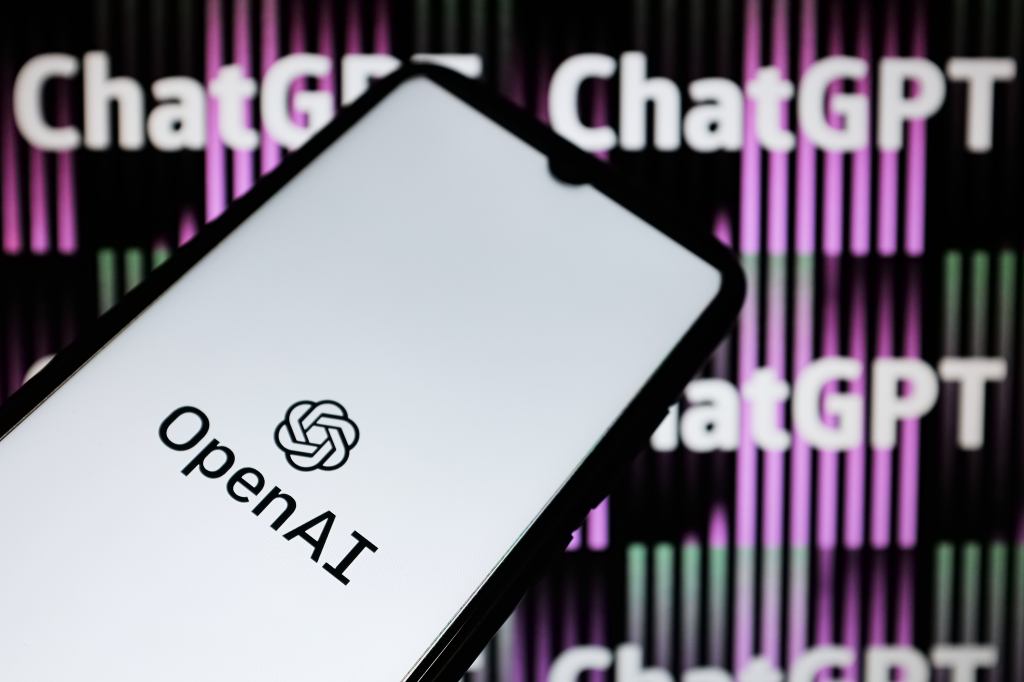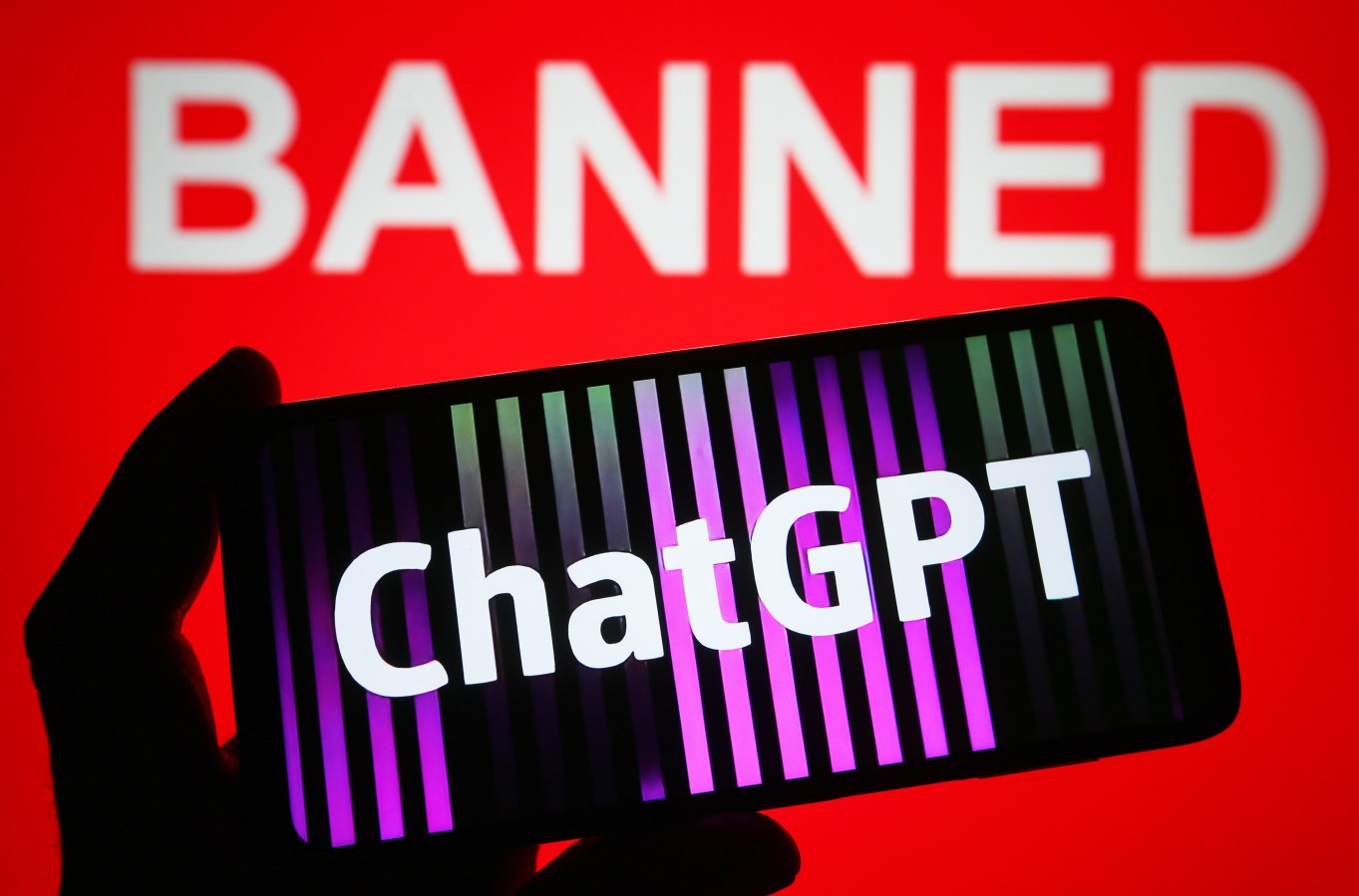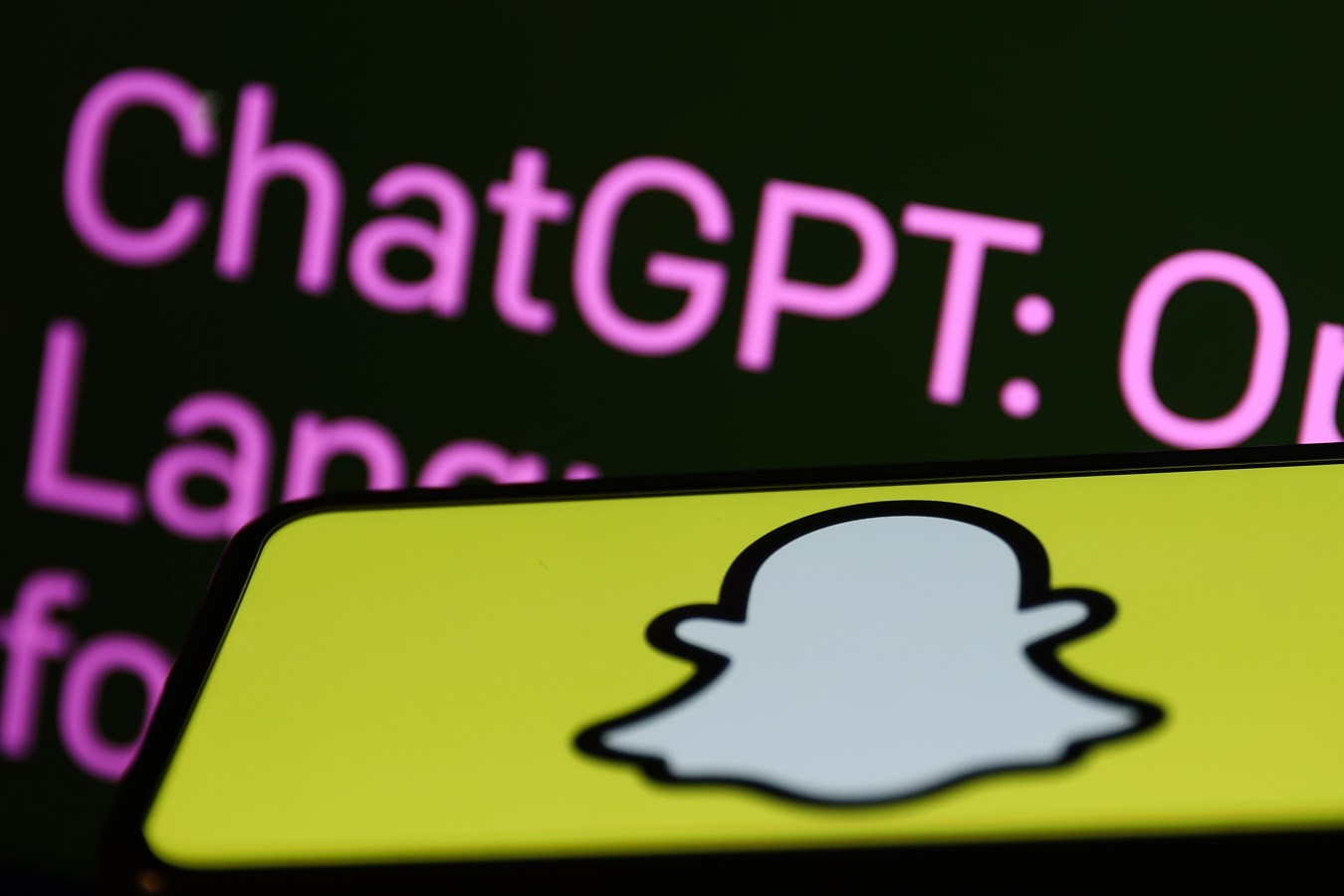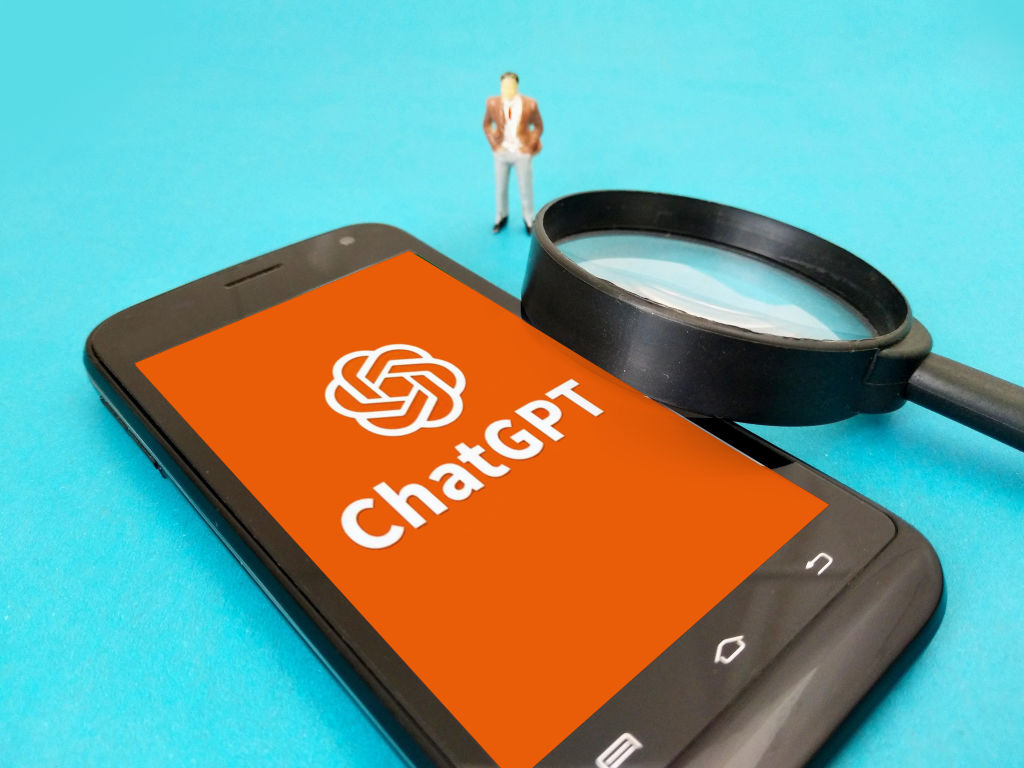Legal firm Gordon Legal is spearheading the case on behalf of Hepburn Shire Council Mayor, Brian Hood.

The firm alleges Hood’s reputation was defamed by ChatGPT, which incorrectly identified him as an individual who faced charges related to a foreign bribery scandal, rather than his actual role as the whistleblower in the case.
“Brian Hood’s reputation as a morally upstanding whistle-blower has been defamed by
ChatGPT, which incorrectly represented him as an individual responsible for illegally bribing
foreign officials. This is defamatory,” Gordon Legal partner, James Naughton said.
Gordon Legal claims ChatGPT made several false statements when asked about Hood’s involvement in the scandal, including that Hood was accused of bribing officials in Malaysia, Indonesia and Vietnam between 1999 and 2005. It also reportedly said Hood was sentenced to 30 months in prison after pleading guilty to two counts of false accounting, and that he authorised payments to a Malaysian arms dealer.
“This critical error is an eye-opening example of the reputational harm that can be caused by
AI systems such as ChatGPT, which has been shown in this case to give inaccurate and
unreliable answers disguised as fact,” Naughton said.
Gordon Legal has filed a Concerns Notice to OpenAi and demanded a rectification.
“As artificial intelligence becomes increasingly integrated into our society, the accuracy of
the information provided by these services will come under close legal scrutiny. The claim
brought will aim to remedy the harm caused to Mr Hood and ensure the accuracy of this
software in his case,” Naughton said.
OpenAI CEO Sam Altman told ABC News earlier this month that while ChatGPT could be “the greatest technology humanity has ever developed”, he was “particularly worried that these models could be used for large-scale disinformation”.
Altman said GPT-4, the newest version of the language AI model had scored 90% in the US on the bar exams and a near-perfect score on high school SAT math test. It could even calculate your hypothetical tax liability for a particular tax year. But, it’s “not perfect”, Altman said.
The defamation case comes days after Tesla CEO Elon Musk and Apple co-founder Steve Wozniak penned an open letter – along with hundreds of other technologists, entrepreneurs and researchers – calling AI labs to pause their research.
The letter, which at the time of writing had 8,630 signatures, called on all AI labs to pause the training of AI systems more powerful than GPT-4 for at least six months.
“As stated in the widely-endorsed Asilomar AI Principles, Advanced AI could represent a profound change in the history of life on Earth, and should be planned for and managed with commensurate care and resources,” the letter stated.
“Unfortunately, this level of planning and management is not happening, even though recent months have seen AI labs locked in an out-of-control race to develop and deploy ever more powerful digital minds that no one – not even their creators – can understand, predict, or reliably control.”
Just last week, Italy became the first Western country to block Chat-GPT over lack of transparency in its use of data. Italy’s data protection authority also said it would investigate whether OpenAI complied with the European Union’s Data Protection Regulation.
The move sparked other European countries like France and Ireland to question the language AI, too.
Look back on the week that was with hand-picked articles from Australia and around the world. Sign up to the Forbes Australia newsletter here or become a member here.


